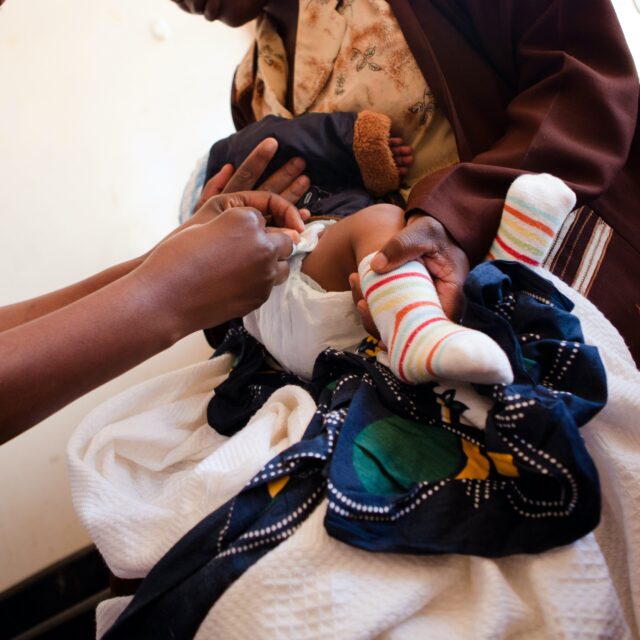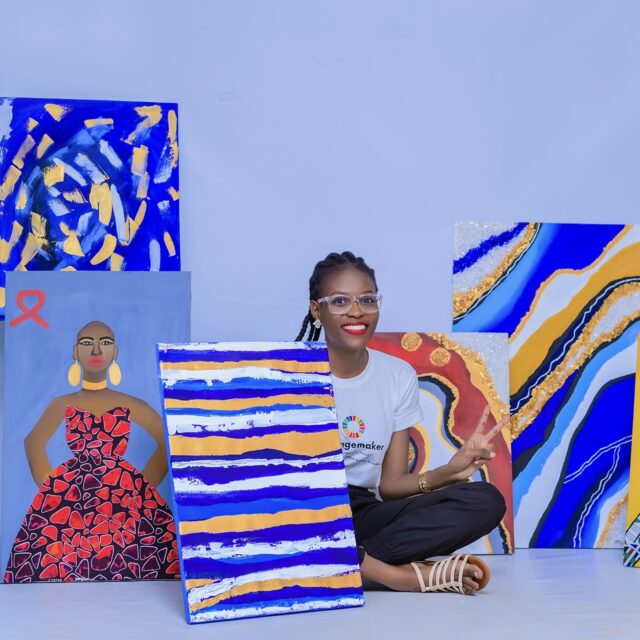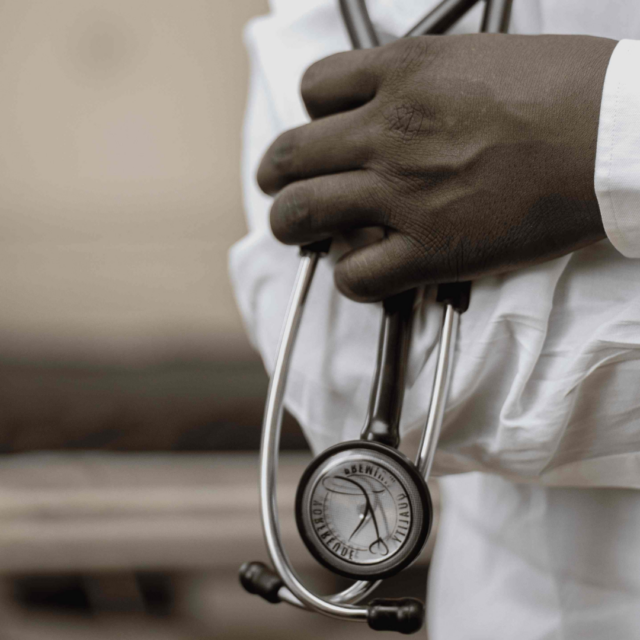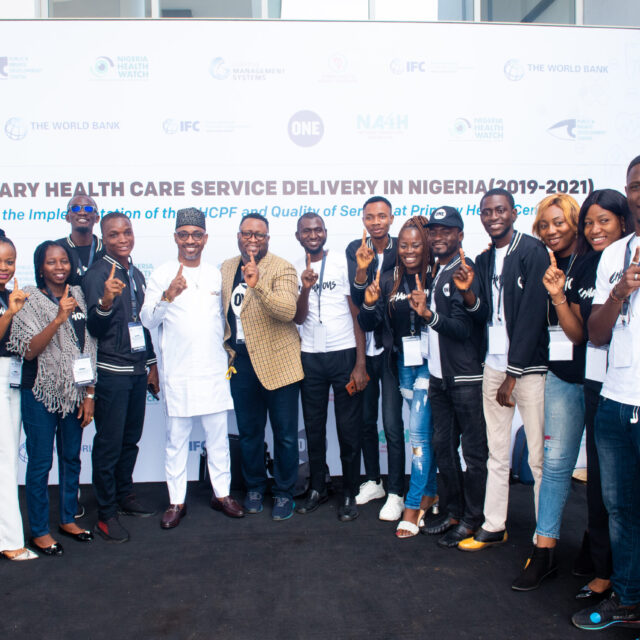Mrs. Amira Elfadil Mohammed Elfadil is the African Union commissioner for social affairs.
With COVID-19 transcending borders and spreading at an alarming rate, this pandemic serves as a valuable reminder that we are one world, one humanity. In Africa, COVID19 has placed health, health systems, primary healthcare, and universal healthcare access squarely on the agenda of health and non-health actors at the highest policy levels of the continent. The pandemic has overwhelmed advanced health facilities, and experts predict it could devastate fragile health systems, with the solution — a vaccine — still many months away.
The World Health Organization theme for the 2020 World Immunization week “Vaccines Work for All” is not only apt but timely. The Africa Union Commission and its member states are fully aligned with the theme of the campaign, which focuses on how vaccines and the people who develop, deliver, and receive vaccines are heroes, working to protect the health of everyone, everywhere, particularly nurses and midwives. Immunisation saves lives, makes communities more productive, and is a core component of strengthening health systems, a path forward to attaining the global Sustainable Development Goals and the African Union’s Agenda 2063.
As evidence of the Africa Unions’ strong support for the leadership role of WHO as the authority on global health and of the critical collaborative role its regional offices in Africa (WHO Africa Regional Office and WHO Regional Office for Eastern Mediterranean Regional Office), African Union heads of state and governments in 2017 adopted a decision on universal access to immunisation as a cornerstone for health development in Africa. In doing so, they recognized that investments in immunisation will position Africa to benefit from new opportunities of its young population. They also called on its member states to ensure and facilitate universal access to immunisation by allocating adequate domestic resources and securing new investments to strengthen national immunisation programmes.
The role of vaccines has recently been demonstrated during the resurgent Ebola epidemics that the continent has suffered. The Africa Vaccine Regulatory Forum (AVAREF), supported by WHO, partners and stakeholders, and in response to the implementation of a decision of the Assembly of the Union on the Ebola Virus Disease, facilitated the approval of Ebola virus disease candidate therapies and vaccines to address the Ebola epidemics in Africa. The first vaccine against the Ebola virus was produced in rapid time to be used in the Democratic Republic of Congo, when the Ebola virus re-emerged.
In February 2019 the AU convened the Africa Leadership Meeting in Addis Ababa, Ethiopia, under the theme “Investing in Health, after which heads of state and government recommitted to increase domestic investments for health and urged the private sector and global health financing mechanisms to increase investments to address Africa’s health priorities. It is expected that increased financing for health will improve health systems and provide equitable primary health care and universal health care access without undue financial burdens to its 1.3 billion population. Increased health financing for health will also contribute to the realization of universal health access to immunisation.
The Department of Social Affairs has sustained advocacy for access to vaccinations and strengthened and sustained immunisation programmes, by member states of the AU, through its initiatives including: the Campaign for the Accelerated Reduction of Maternal Mortality in Africa (CARMMA); biannual reports on the Status of Maternal, Child and Newborn Health; data collection on immunisation from member states, which is accessible on platforms such as the AfricaHealthStats and CARMMA websites; and the yearly observation of Africa vaccination week in a member state in close partnership with WHO and GAVI.
For this reason, we are glad that partners like the Gavi, the Vaccine Alliance, are supporting African countries to bolster their health systems and provide support to keep routine immunisation programmes going during the COVID-19 pandemic, which is critical to avoid simultaneous outbreaks of other deadly diseases. While Africa is likely to experience disruptions to its immunisation programmes, it is important to note that expanding access to immunisation is vital for achieving poverty reduction and universal health coverage. Routine immunisation provides a point of contact for health care at the beginning of life and offers every child the chance at a healthy life, from the earliest beginnings and into old age. We must make sure that no ground is lost in the fight against vaccine-preventable diseases.
The Gavi Alliance, in partnership with WHO and UNICEF, has been a critical partner in providing life-saving vaccines and supporting and sustaining immunisation programmes in Africa. Without vaccines, vaccine preventable diseases like cholera, diphtheria, measles, meningitis, maternal and neo-natal tetanus, polio, pneumonia, rabies, rotavirus, rubella, tetanus, typhoid and yellow fever could surge and continue to cause significant serious illness, disability, and death.
Prior disease outbreaks and humanitarian emergencies have underscored the importance of maintaining essential health services such as immunisation. Even brief interruptions of vaccination activities make outbreaks more likely to occur, putting children and other vulnerable groups more at risk of life-threatening diseases. Gavi needs to be fully funded in order to continue to provide invaluable support to Africa and other regions of the world.
The COVID-19 pandemic reminds us that a pandemic in one country threatens the world. Universal access to vaccines and immunisation remains a cornerstone for health and development, and investing in health is a shared responsibility that requires global solidarity from the World Health Organization and global initiatives such as the Gavi the Vaccine Alliance.



